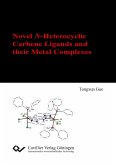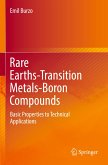Heavy main group elements, i.e. those where n > 2, exhibit a marked decreasing propensity to engage in pi- bond formation compared to the lighter elements. This presents a huge challenge in contemporary inorganic chemistry and in terms of triple bonding between heavy main group elements and transition metals, reports are rare. In fact, there are only a few examples of complexes featuring triple bond formation to the heavier homologues of carbon (Si ¿ Pb), and in all these cases the transition metal is always a member of group 6 (Cr, Mo, W). This dissertation explores the general reactivity of Power-type ylenes: [EXR] (where E = Ge, Sn and Pb; X = Cl or Br; and R = a bulky m-terphenyl substituent) towards a range of late transition metal complexes in group 8, 9 and 10 with the overall goal of making triple bonds between Ge ¿ Pb with these late transition metal element atoms, hitherto unprecedented. The work described here uncovered the first examples of any transition metal beyond group 6 (Fe) engaging in a triple bond interaction to any heavy homologue of carbon.
Hinweis: Dieser Artikel kann nur an eine deutsche Lieferadresse ausgeliefert werden.
Hinweis: Dieser Artikel kann nur an eine deutsche Lieferadresse ausgeliefert werden.

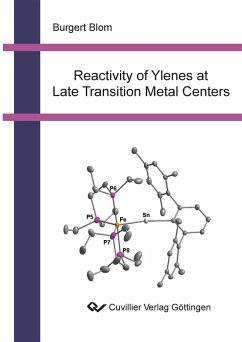
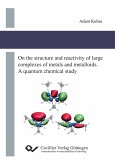
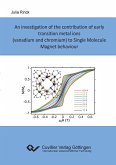
![Mimicking the [Fe] Hydrogenase Active Site. Transition Metal Frustrated Lewis Pairs for the Heterolytic Cleavage of Dihydrogen Mimicking the [Fe] Hydrogenase Active Site. Transition Metal Frustrated Lewis Pairs for the Heterolytic Cleavage of Dihydrogen](https://bilder.buecher.de/produkte/42/42004/42004146m.jpg)
